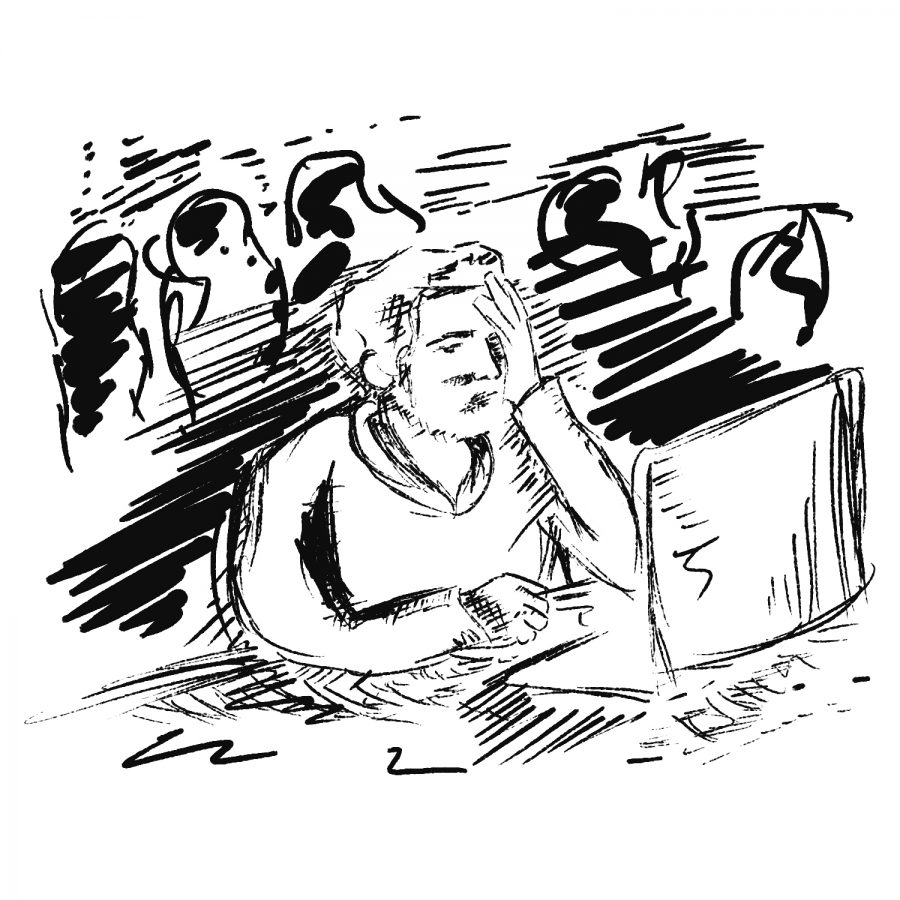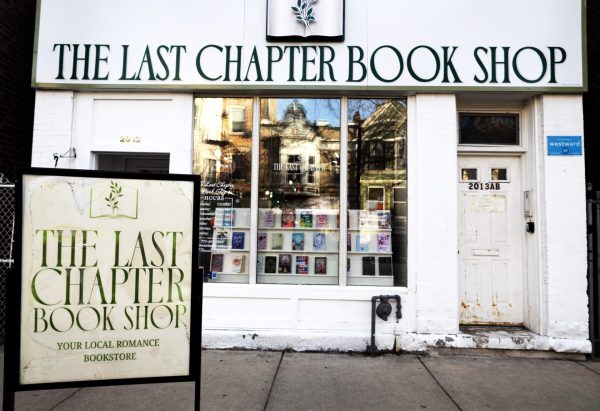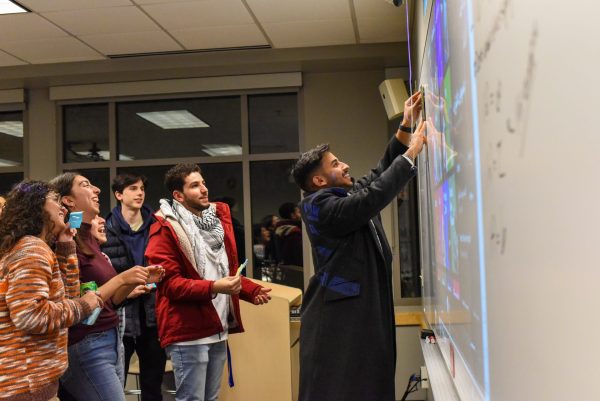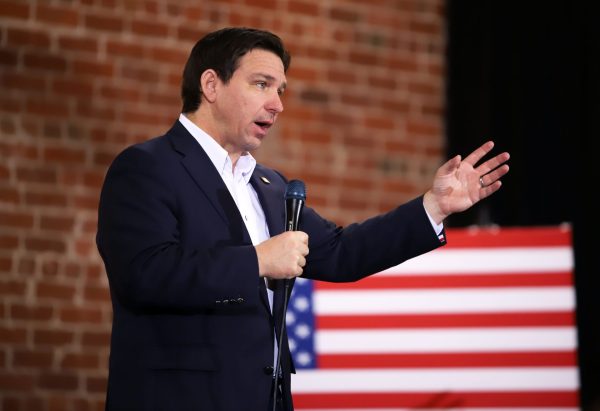Mental health remains prominent issue as pandemic persists
Editor’s note: If you or someone you know is struggling with suicidal thoughts, call the National Suicide Prevention Helpline at 800-273-8255.
Quarantine has been a time fraught with isolation, increased anxieties and an abyss of unknowns for some students at DePaul struggling with mental illness.
Being a full-time college student is already a stressful endeavor, and according to a Havard Medical School research paper published in 2018 focusing on college stress and its relation to suicide, 20 percent of all the students surveyed had thought about suicide. The Havard survey gathered students from 100 different universities across the nation to talk about mental health, and there was also evidence that, “while racial or ethnic and sexual or gender minorities are especially vulnerable, high rates for stress events, mental health diagnoses and the risk of suicide or suicidal thoughts were reported among all students surveyed.”
September is National Suicide Prevention Month, and according to the National Insitute of Mental Health, in 2018 there were around 6,211 suicide deaths among student-aged individuals 15-24 in the United States, making suicide the second leading cause of death overall for students.
Roberta Garner, a DePaul sociology professor, suggested that the economic turmoil of this year can be directly related to mental health decline for students both in the past and also the present.
“Both the Great Depression that started in 1929 and the Great Recession (2008-2009) saw definite increases in suicide rates,” Garner said. “During the Great Recession, poverty and foreclosures were related to higher rates of suicide.”
With the connections between suicide and student stress, both academically and economically, many students around the country are contending with increasingly heavy and complex mental burdens related to the chaos and Covid-19 shutdowns. For Claire Malon, a DePaul student who is graduating this year, the idea of entering a shrinking job market does not leave much hope for the future.
“I think generally the thought of leaving college and entering the workforce is an incredibly stressful thing because of all of the unknowns and uncertainty that comes with it,” Malon said. “When you take that and compound it by the unknown of Covid and its impact on the economy and employment, that’s going to be a great source of anxiety.”
Amid the ongoing pandemic and political tensions that are coinciding with heavy course loads for students like Malon, there is a tangible sense of control that is being taken away from students, according to Garner.
“Emile Durkheim’s ‘Suicide,’ published in 1898, discovered that the two big risk factors for high rates of suicide in modern societies were isolation and disorder, which he called anomie, the Greek word for the disorder,” Garner said. “Protective factors were social cohesion (solidarity) and a sense of order that is fair and not excessively restrictive. He found suicide rates tended to be high where social solidarity was weak and when there is a situation of disorder, chaos, and confusion in society. So those findings can be applied in our current crisis and political climate.”
DePaul students may be living in the United States at its most nationally incohesive moment. By looking at Durkheim’s study through the lens of current social and political turmoil, the disorder and isolation experienced in quarantine can also be linked to declines in mental health for students. In light of these increased obstacles, Malon wonders what the university is doing for the students who need support in their fight with mental illness.
“I think the most important thing for the university to understand is the academic and emotional burden on students right now and just try to be cognizant of that,” Malon said. “Making final exams optional, extending pass/fail deadlines and providing students with exemptions from certain projects were all things that I think the university did well at the end of last quarter. There is no reason why these things shouldn’t carry over to this quarter. Any means by which the administration can help students during this time academically, financially or mentally should be taken without hesitation.”
According to the Health Promotion and Wellness (HPW) at DePaul’s website, if you or someone you know needs emergency support, call 911 or the Suicide Hotline at (800-273-8255). As for the other support systems at DePaul besides University Counseling Services, the university also has multiple support groups in place as well.
“Students can attend training like Mental Health First Aid or Recovery Ally Training to learn more about mental health advocacy,” according to Katie Bellamy, the Substance Misuse Prevention Specialist at HPW. “We also offer workshops like Choices (substance use harm reduction) and Wellness Wednesdays (on Facebook Live with our peer health educators) to help folks gain support. We host weekly Collegiate Recovery Community meetings, which are open to any student in any type of recovery (substance use, eating concerns, mental health, etc).”
As September comes to a close, the various factors of stress on student mental-health throughout our society are being accentuated due to the current social disarray. According to the National Suicide Prevention Lifeline though, one immediate step to supporting students battling suicidal thoughts or mental illness is simply listening to someone’s struggles without judgment.







